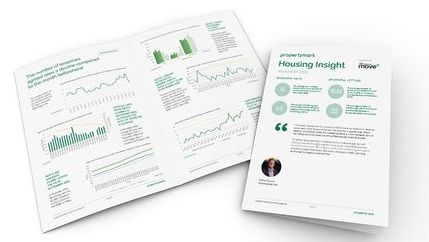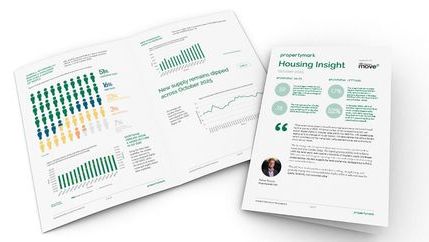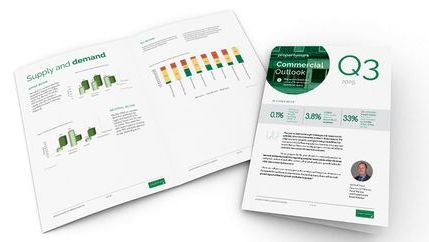
In order for meaningful improvement to be made to England's PRS, it’s crucial to implement enforcement correctly. DLUHC has gaps in its understanding of what problems are occurring within the PRS and where, as well as lacking data on key issues where regulatory action may be required (such as evictions and disrepair that is not being addressed).
The report claims that DLUHC will struggle to measure the impact of its interventions without this data but has not yet developed a plan to improve the information it has available.
As such, the department does not yet have a strategy for what it wants the regulation sector to look like as a whole, although it told NAO that it’s currently defining the strategic objectives of its reform programme.
Additionally, the report brings into consideration the way in which local authorities are taking different approaches to regulate the PRS within their areas. This includes ensuring landlords comply with legal obligations, with some local authorities inspecting almost none of the privately rented properties in their areas, and others inspecting a large proportion.
Without strengthening current processes and providing adequate funding to local authorities, the UK Government will continue adding red tape to the PRS, despite landlords already being under considerable legislative pressures. This could lead to a further decline in stock levels at a time where supply is already low.
To support DLUHC’s plans to introduce reforms to the PRS through producing a Renters’ Reform White Paper, which was recently postponed until 2022, NAO recommended that the department defines an overall vision and strategy for the regulation of the PRS.






